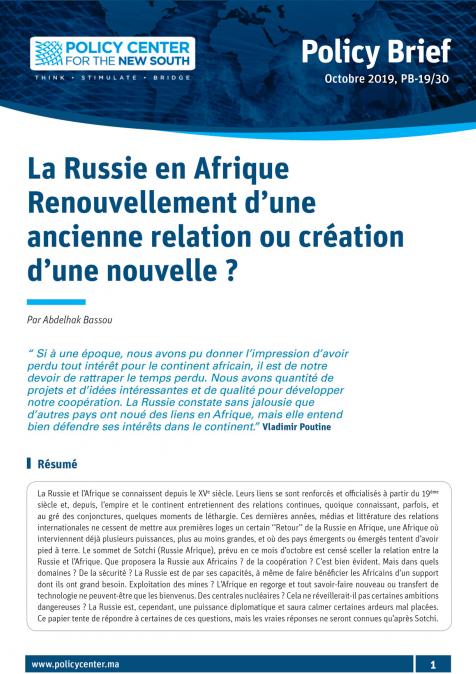Publications /
Opinion
The author is an alumnus of the 2018 Atlantic Dialogues Emerging Leaders program
As European citizens wake up on Monday morning, democracy is alive and well in Europe. Voter turnout increased to 50,5% compared to with 42,6% in 2014, the highest for two decades as voters across the continent responded to the populist threat.
Anti-EU, populist and nationalist parties have seen gains (around 115 seats) and as a committed European i am saddened to see more voters turn to populists for answers. And yet it was a European election night that lived up to the hype. Despite predictions of the End of Europe, the far-right earthquake didn't quite shake the parliament's foundations. The constellation of the new European Parliament shows that the pro-European centre largely held firm in the face of its biggest threat from anti-establishment parties. The large majority of EU citizens voted in support of the European project, supporting parties that aim to create a better and stronger Europe.
Voters across Europe have chosen a European future. While the conservative EPP and socialist S&D, the two traditional power blocs in the EU Parliament, have lost seats, liberals and greens grew stronger. Together they hold a strong majority that in theory can shape Europe. Yet in the past five years differences between pro-European parties readily delayed legislative work and they were rarely united. If they are to effectively prevent the nationalists/populists from disrupting Europe, they will need to put aside political differences and build a broad coalition for Europe - a willingness to compromise for progress.
Now that the people have spoken what’s next?
The big question in Brussels is now who will be the next European Commission president? The work starts with the European Heads of State and Government who are meeting in Brussels on Tuesday evening for a special EU Council meeting. EU leaders should send a clear signal that Europe is up and running and able to make decisions quickly and effectively.
EU leaders select a candidate for the new EU Commission President, but he or she will have to gain the support of the new European Parliament (at least 376 votes). Manfred Weber of the EPP wants the pro-EU parties to support him, or at least behind the idea that the EU Commission’s top job must go to a Spitzenkandidat, but other parties are yet to declare their intentions.
In 2014, the conservative EPP and Socialist were able to provide a majority for the EU Commission President in the EU Parliament. In 2019, they will require support from either the liberals or the Greens to reach a majority. The pro-EU parties hold around two-thirds of seats. But the majority isn’t as comfortable as it seems once abstentions, no-shows, Brits and Hungarians are taken into account so the possible options are:
* A big pro-EU coalition (EPP, Socialists, Liberals, Greens): 506
* The big three (EPP, Socialists, Liberals): 436
* A coalition without Macron (EPP, Socialists, Greens): 399
So the question is what price they will either the liberals or greens or both ask in return for their support and may this open the door for a Commission President not from the EPP or Socialists?
While everyone will be focused on who will get the top jobs, EU leaders and politicians urgently need to address the growing disappointment voiced by the rising number of nationalist and populist voters. It is too easy to simply dismiss them. EU political leaders would do well to listen to their concerns and try to reintegrate them into the European project.
While the debate about the interpretation of the EU election and the future of the European project continues, one thing is clear after this election: Europe won - the vision for Europe and European democracy is alive. And Europe is far more popular amongst its citizens than many wanted to admit.



